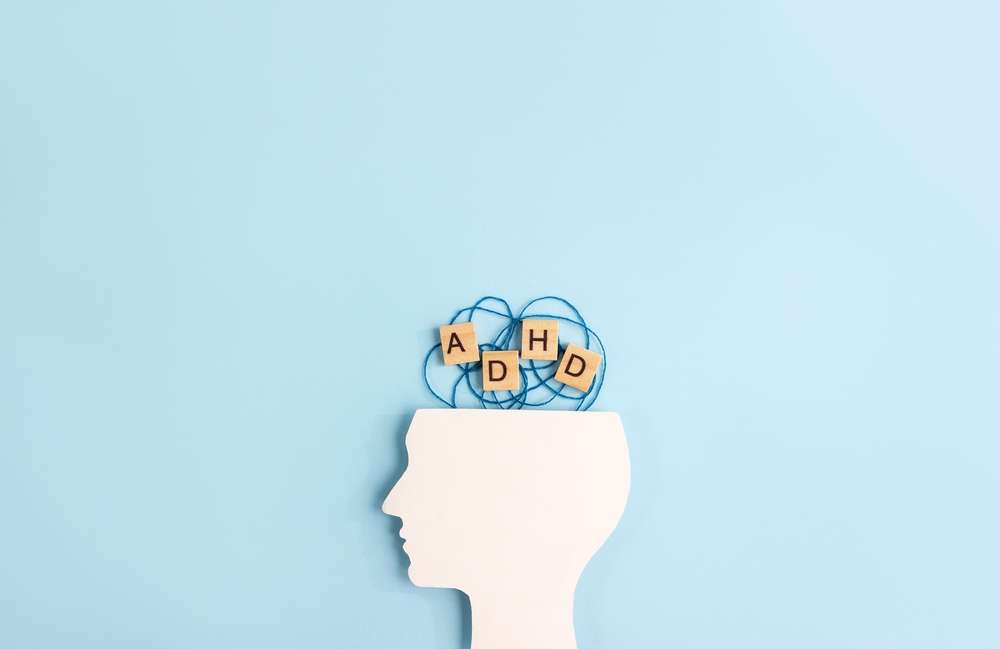Spotting the Signs Early: Why a Bipolar Test Can Change Your Life
Bipolar disorder is a complex mental health condition that affects millions of individuals worldwide. Recognizing the signs and symptoms of bipolar disorder early on can significantly impact treatment outcomes and overall quality of life. This is where the importance of a bipolar test comes into play, offering a valuable tool for early detection and intervention.

What is a bipolar test and how does it work?
A bipolar test is a screening tool designed to assess an individual’s likelihood of having bipolar disorder. These tests typically consist of a series of questions that evaluate mood patterns, energy levels, and behavioral changes over time. While not a definitive diagnosis, a bipolar test can provide valuable insights into potential symptoms and help determine if further professional evaluation is necessary.
Most bipolar tests are self-administered questionnaires that can be completed online or in a healthcare setting. They often include questions about manic and depressive episodes, sleep patterns, and daily functioning. The responses are then analyzed to determine if the individual’s symptoms align with those commonly associated with bipolar disorder.
Why is early detection of bipolar disorder crucial?
Early detection of bipolar disorder is critical for several reasons. Firstly, it allows for timely intervention and treatment, which can significantly improve long-term outcomes. When left untreated, bipolar disorder can lead to severe mood swings, relationship difficulties, and impaired functioning in various aspects of life.
Additionally, early detection can help prevent misdiagnosis. Bipolar disorder is often mistaken for other mental health conditions, such as depression or anxiety. By identifying the specific symptoms associated with bipolar disorder early on, individuals can receive the most appropriate and effective treatment for their condition.
What are the key signs and symptoms to look out for?
Recognizing the signs and symptoms of bipolar disorder is essential for early detection. Some key indicators include:
-
Manic episodes: Periods of elevated mood, increased energy, and decreased need for sleep.
-
Depressive episodes: Extended periods of low mood, loss of interest in activities, and feelings of hopelessness.
-
Rapid mood swings: Alternating between extreme highs and lows within short periods.
-
Changes in sleep patterns: Significant variations in sleep duration or quality.
-
Impulsive behavior: Engaging in risky activities or making rash decisions.
-
Difficulty concentrating: Trouble focusing on tasks or maintaining attention.
It’s important to note that these symptoms can vary in intensity and duration from person to person.
How accurate are online bipolar tests?
Online bipolar tests, such as the 2 Minute Test Online Bipolar Test, can be useful tools for initial screening. However, it’s crucial to understand their limitations. These tests are not meant to replace professional diagnosis but rather to serve as a starting point for further evaluation.
The accuracy of online bipolar tests can vary depending on the specific test and how it’s administered. While some tests have been developed based on established diagnostic criteria, others may lack scientific validation. It’s essential to choose reputable sources when taking an online bipolar test and to interpret the results cautiously.
What should you do after taking a bipolar test?
If your bipolar test results suggest the possibility of bipolar disorder, the next step is to consult with a mental health professional. A qualified psychiatrist or psychologist can conduct a comprehensive evaluation, considering your medical history, family history, and current symptoms to provide an accurate diagnosis.
Remember that a positive result on a bipolar test does not necessarily mean you have bipolar disorder. Conversely, a negative result doesn’t rule out the possibility entirely. Professional assessment is crucial for an accurate diagnosis and appropriate treatment planning.
How can a bipolar test impact your mental health journey?
Taking a bipolar test can be a significant first step in your mental health journey. By providing insights into your symptoms and potential risk factors, a bipolar test can empower you to seek appropriate help and support. Early identification of bipolar disorder through testing can lead to:
-
Timely intervention and treatment
-
Improved symptom management
-
Better understanding of your mental health
-
Enhanced quality of life
-
Reduced risk of complications associated with untreated bipolar disorder
It’s important to approach bipolar testing as part of a broader mental health strategy, which may include therapy, medication, lifestyle changes, and ongoing support from healthcare professionals and loved ones.
In conclusion, a bipolar test can be a valuable tool in identifying potential signs of bipolar disorder early on. While not a definitive diagnostic tool, these tests can prompt individuals to seek professional help and begin their journey towards better mental health. Remember that early detection and intervention are key to managing bipolar disorder effectively and improving overall quality of life.
This article is for informational purposes only and should not be considered medical advice. Please consult a qualified healthcare professional for personalized guidance and treatment.




